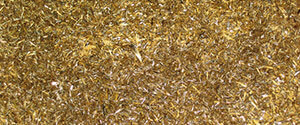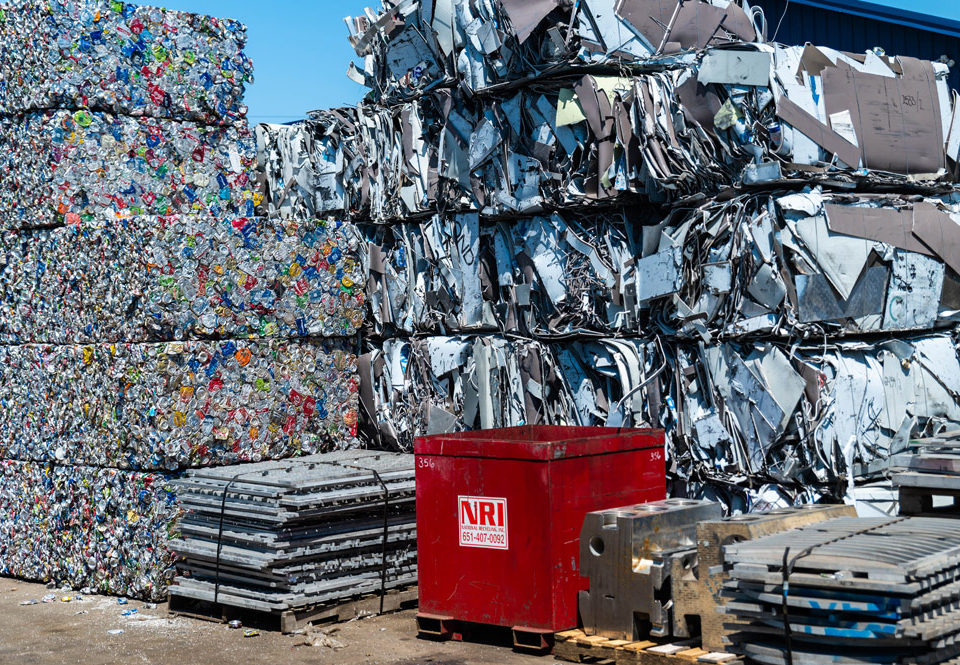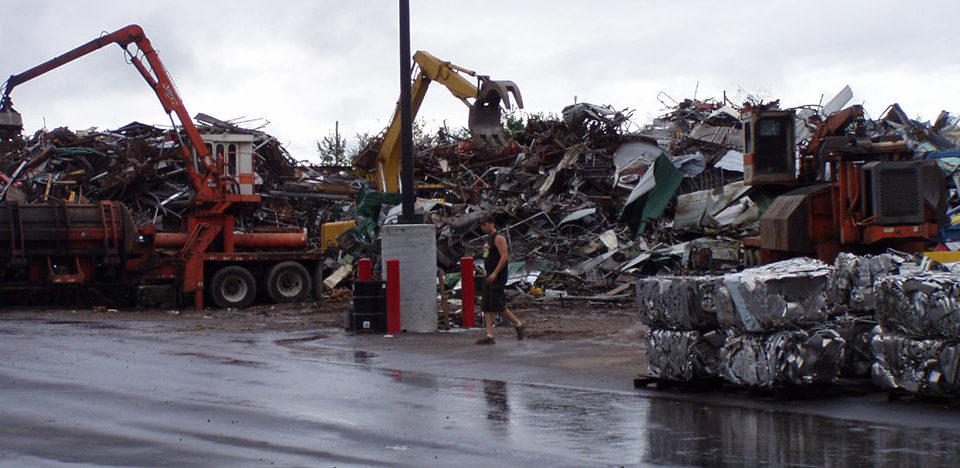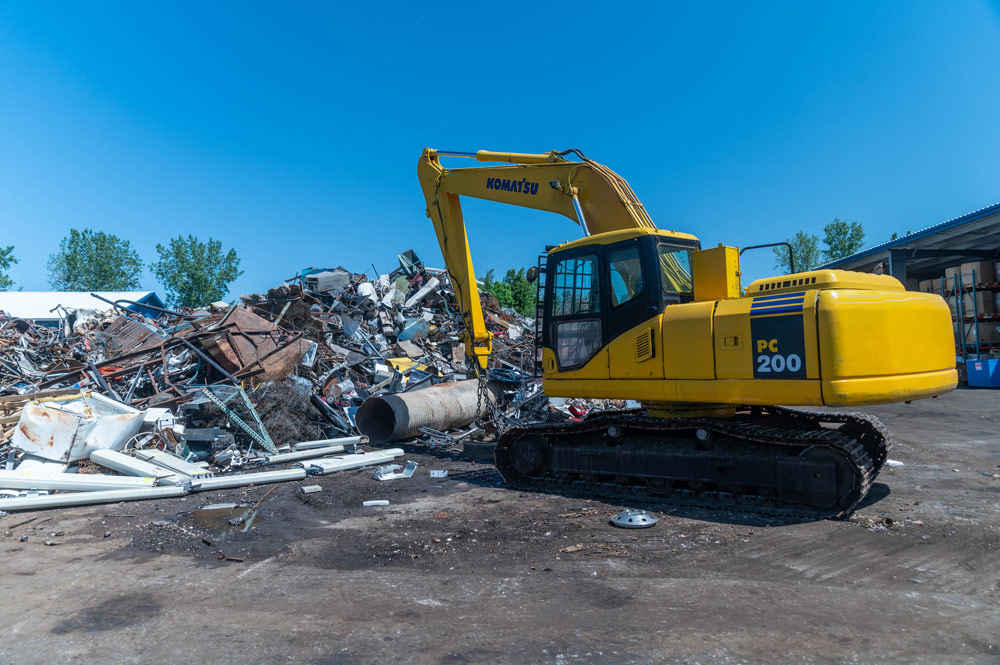
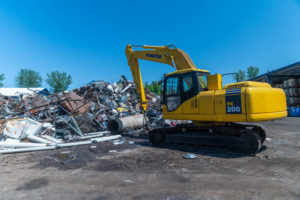 It might be challenging to recycle scrap metal at times, especially for beginners. There are several metal types, metal grades, and categories for scrap. Even though it may seem unnecessary, you must always be aware of the sort of metal you are working with.
It might be challenging to recycle scrap metal at times, especially for beginners. There are several metal types, metal grades, and categories for scrap. Even though it may seem unnecessary, you must always be aware of the sort of metal you are working with.
If you want to recycle scrap metal to make some extra money or use recycled scrap metal to build a structure, having a thorough understanding of scrap metal classification will help you succeed.
Even though scrap metal is frequently thought of as waste, it is nonetheless a useful product and a common commodity. However, you must first comprehend the various classes before you can begin recycling the scrap metal.
All metals can be categorized into one of two groups:
– Ferrous
– Non-Ferrous
Iron-based Metals
The most recycled metal types are ferrous metals. In fact, the United States processes enough ferrous metal each day to construct 25 Eiffel Towers, which is a significant amount of metal.
The fact that all ferrous metals are magnetic makes it simple to distinguish between ferrous and non-ferrous metals. The fact that ferrous metals are either steel or iron, or at the very least include it, explains why this is the case.
Among the numerous everyday goods made of ferrous metals are cast iron skillets, automobiles, ovens, and refrigerators.
Ferrous metals also have a high carbon content, which typically makes them susceptible to rust or corrosion and renders them useless.
Metals That Aren’t Iron
Non-ferrous metals are those that do not contain any iron, making them non-magnetic and typically more rust and corrosion resistant than ferrous metals. These metals are frequently used in construction and building materials for things like pipelines, roofs, gutters, and electrical.
Among other things, non-ferrous metals include tin, brass, zinc, lead, nickel, and gold. Non-ferrous metals are frequently lightweight and pliable, and these qualities make them perfect for use in aircraft building.
Metal Scrap Types
There are many different sorts of metal if you break classifications down to their smallest components. Knowing the various sorts of scrap metal you are working with will make it simpler to understand what you can and cannot do with it, what its values are, and where it is typically found.
Aluminum
It is one of the scrap metals that is recycled the most. To name a few, aluminum can be found in food wrap foils, soda cans, storm windows, and screen door frames.
Brass
It is a metal that is frequently spotted in domestic settings. Old bed frames, doorknobs, and brass-plated dinnerware are just a few examples of objects that include brass.
Carbide
Drill bits and other tool bits contain carbide for people who own a lot of tools. To avoid just putting them in the trash, consider recycling them anytime you receive a new toolset for Father’s Day or are simply replacing the broken pieces.
Copper
It is the third most utilized metal in both construction and manufacturing. Copper is a precious and highly sought-after metal. It is frequently seen in domestic plumbing, kitchen sinks, appliances, and electronic wiring in addition to living room decor.
Iron
Lawn mowers, cast-iron pots, iron railings, and even backyard swings are suitable examples of household objects that can be recycled into scrap metal. Iron is also typically used to make a lot of outdoor furniture.
Lead
Manufacturers prefer to buy recycled lead because it saves time and money because mining lead uses so much energy. When handling lead, always take precautions to keep both you and your environment safe. Lead water pipes that were used in older homes need to be replaced as soon as possible since they offer a major risk to health.
Titanium
It is extremely valuable because it is utilized in practically everything, including jewelry and airplanes. When you have a metal that is so adaptable, you may use it for a variety of applications. Additionally, it has good durability and is corrosion-resistant.
Recycling Metal Scrap
The NRI buys, refines, and sells various kinds and categories of scrap metal. In addition to freeing up space on your hands, recycling scrap metal has the major environmental advantage of preventing it from ending up in landfills.
Since they don’t have to use resources and money to acquire new materials, manufacturers can save time and money by purchasing recycled scrap metal.
Recycling scrap metal can increase your income, save manufacturers money, and contribute to a safer and cleaner environment for everyone.

